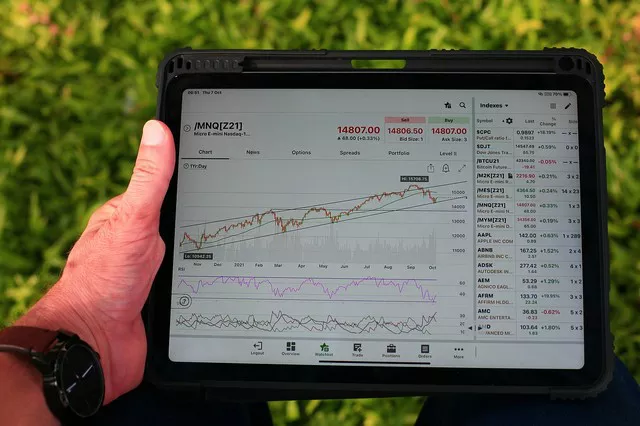Binance Futures is a popular cryptocurrency trading platform that offers traders the opportunity to speculate on the price movements of various digital assets. As cryptocurrencies continue to gain prominence in the financial world, questions arise about their compatibility with Islamic finance principles, specifically regarding whether trading on Binance Futures is considered Halal or permissible in Islam.
Understanding Binance Futures
Binance Futures is a derivative trading platform that enables users to trade cryptocurrency futures contracts. These contracts allow traders to speculate on the future price of cryptocurrencies without owning the underlying assets. Binance Futures offers a wide range of trading pairs and leverage options, making it a popular choice for cryptocurrency enthusiasts.
Islamic Finance Principles
Islamic finance is guided by the principles of Shariah, which prohibit certain financial practices, such as:
Riba (Usury/Interest): Earning or paying interest is strictly prohibited in Islamic finance.
Gharar (Uncertainty/Speculation): Excessive uncertainty and ambiguity in financial transactions are discouraged.
Maisir (Gambling): Engaging in gambling-like transactions is prohibited.
Investment in Haram Activities: Investments in businesses related to alcohol, gambling, pork, or other prohibited activities are not allowed.
Interest in Binance Futures
One of the primary concerns regarding Binance Futures and Islamic finance is the potential for interest-bearing transactions. In conventional financial markets, futures contracts often involve the payment or receipt of interest on the notional value of the contract. This interest is not in compliance with Islamic finance principles.
Swap Funding Rates
Binance Futures, like many other cryptocurrency futures platforms, employs a mechanism called swap funding rates. These rates are periodically applied to traders’ positions to account for the difference in interest rates between long and short positions. While these rates can result in a cost or benefit to traders, they are not explicitly tied to interest-bearing loans or financial institutions. However, their permissibility under Islamic finance remains a subject of debate.
Gharar and Cryptocurrency Volatility
Cryptocurrencies are known for their price volatility, which some argue is a form of excessive uncertainty or gharar. Islamic finance discourages transactions that involve excessive ambiguity or uncertainty. Traders in Binance Futures should be aware of the inherent risk associated with cryptocurrency price fluctuations.
Halal Cryptocurrency Assets
In the context of Islamic finance, the permissibility of an asset depends on its underlying nature. While cryptocurrencies are a relatively new asset class, scholars have varying opinions on their permissibility. Some argue that cryptocurrencies are akin to commodities and, as such, can be traded in a manner consistent with Islamic principles. Others caution against their speculative nature and potential for non-compliance with Islamic finance principles.
Is Binance Futures Halal?
Determining whether Binance Futures is Halal or permissible in Islamic finance is a complex matter that depends on individual interpretations and perspectives. Some Islamic scholars argue that cryptocurrency trading, including futures trading, can be permissible if certain conditions are met:
No Interest: Transactions should not involve interest-bearing loans or financial institutions.
Asset Backing: Cryptocurrency assets should be backed by tangible assets or services, making them akin to commodities.
No Speculation: Traders should avoid excessive speculation or gambling-like behavior.
Ethical Investments: Investments should not support businesses engaged in prohibited activities, such as alcohol or gambling.
Seeking Guidance
Individuals interested in trading Binance Futures or other cryptocurrency derivatives within the framework of Islamic finance principles are encouraged to seek guidance from qualified Islamic scholars who specialize in financial matters. These scholars can provide specific advice based on the individual’s circumstances and the prevailing Islamic finance guidelines.
Conclusion
In conclusion, the question of whether Binance Futures is Halal in Islamic finance is a subject of ongoing debate and interpretation. The permissibility of cryptocurrency trading, including futures trading, depends on various factors, including the specific features of the platform, the nature of the assets being traded, and adherence to Islamic finance principles.
As the cryptocurrency landscape evolves, it is crucial for traders and investors to stay informed about developments in Islamic finance and seek guidance from qualified scholars to ensure their financial activities align with their religious beliefs and ethical values. Ultimately, the permissibility of Binance Futures and cryptocurrency trading under Islamic finance is a matter of individual conscience and interpretation.


